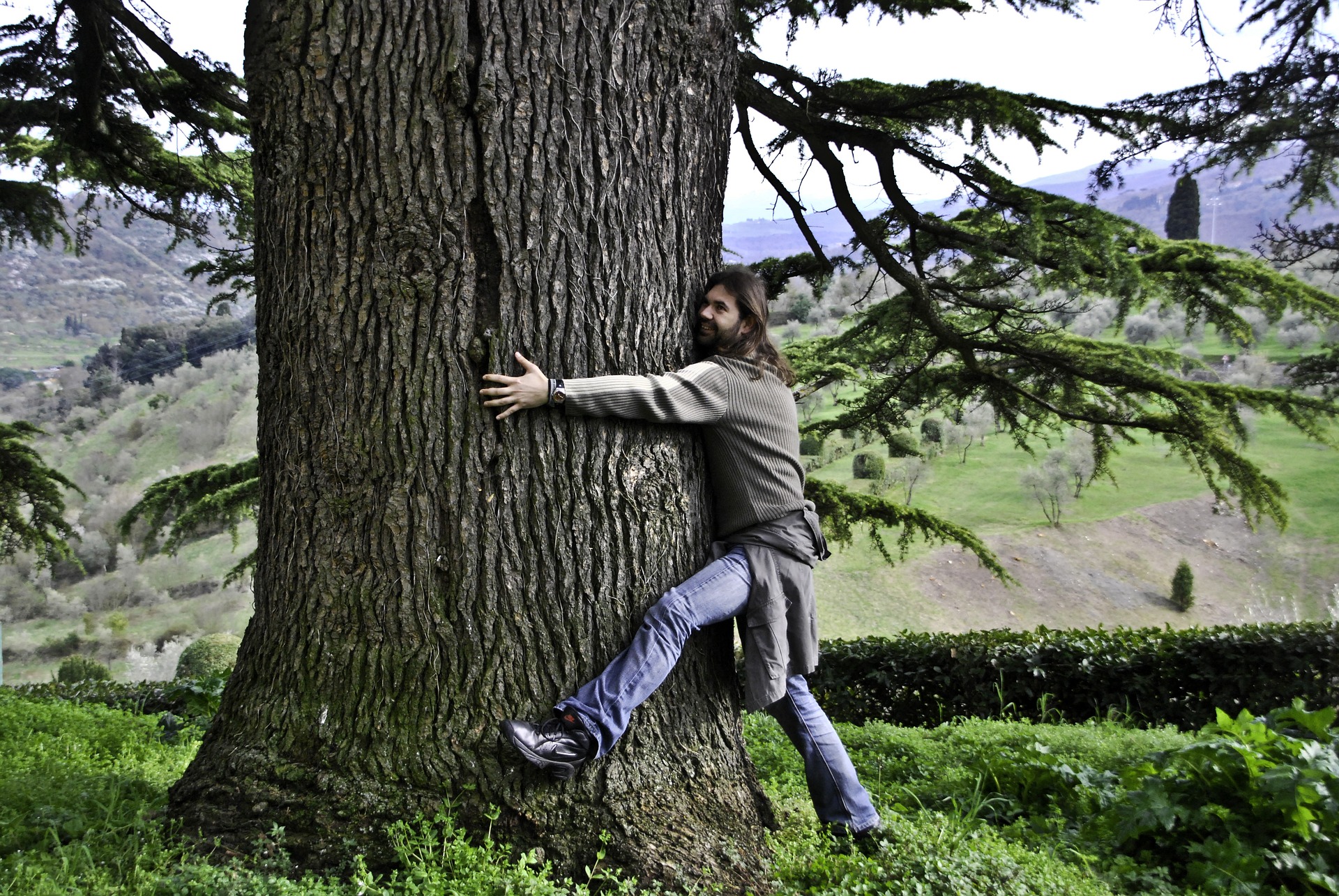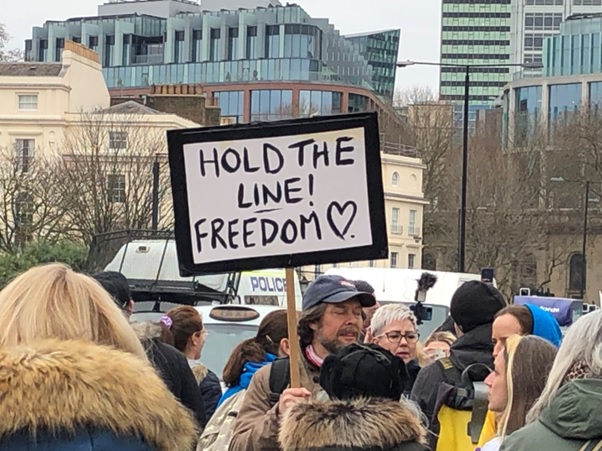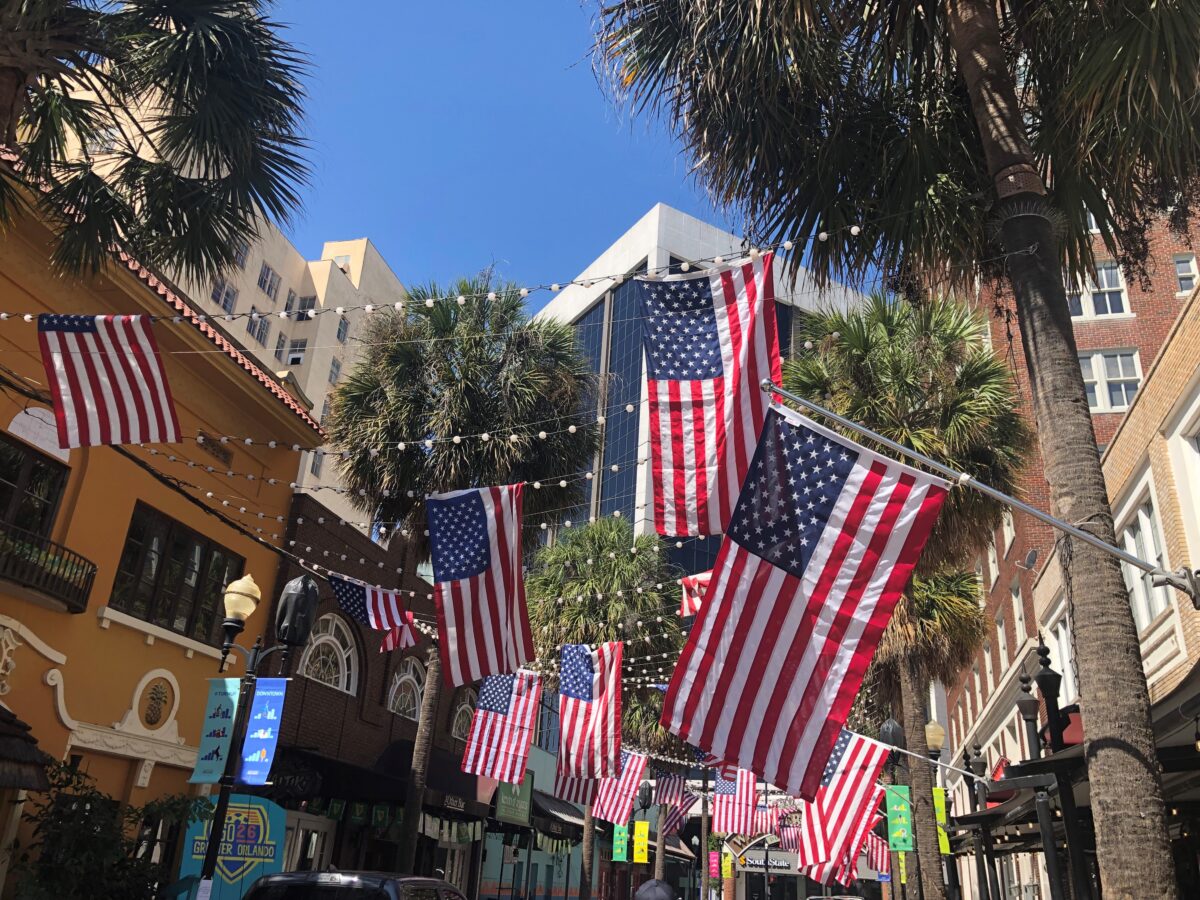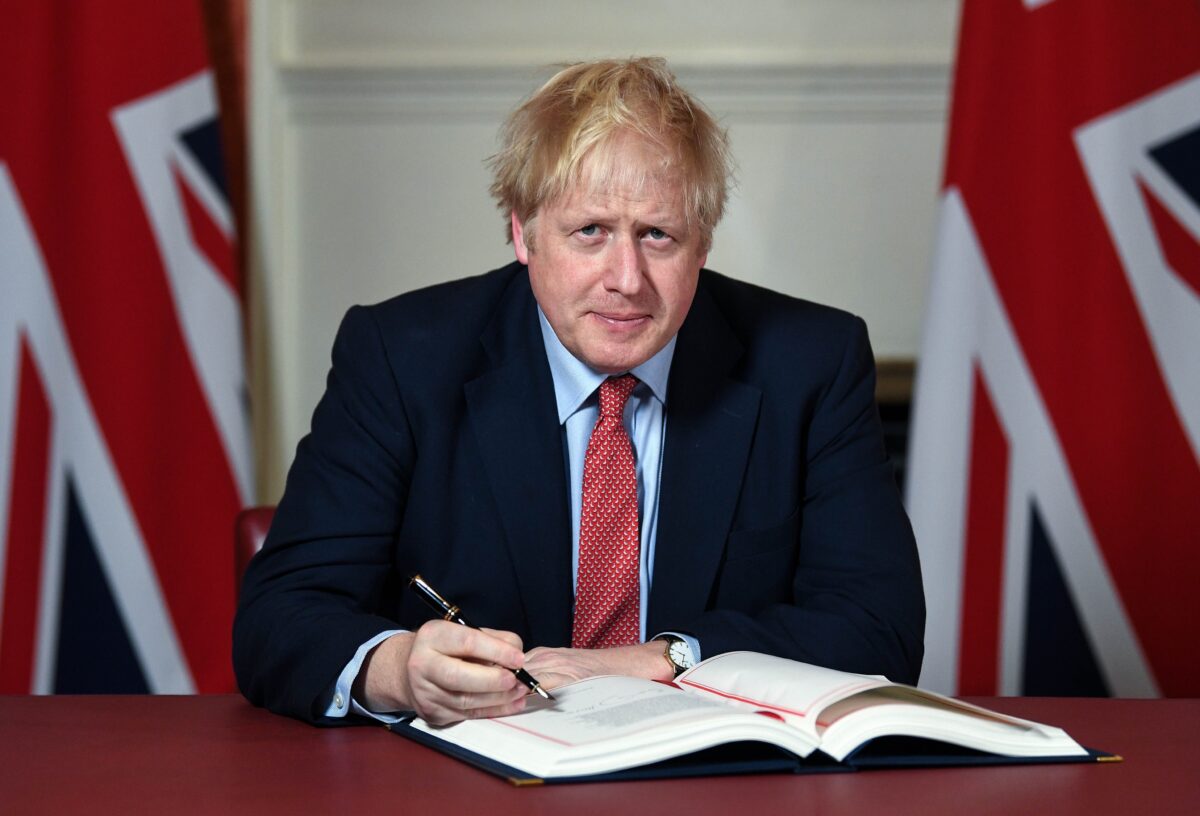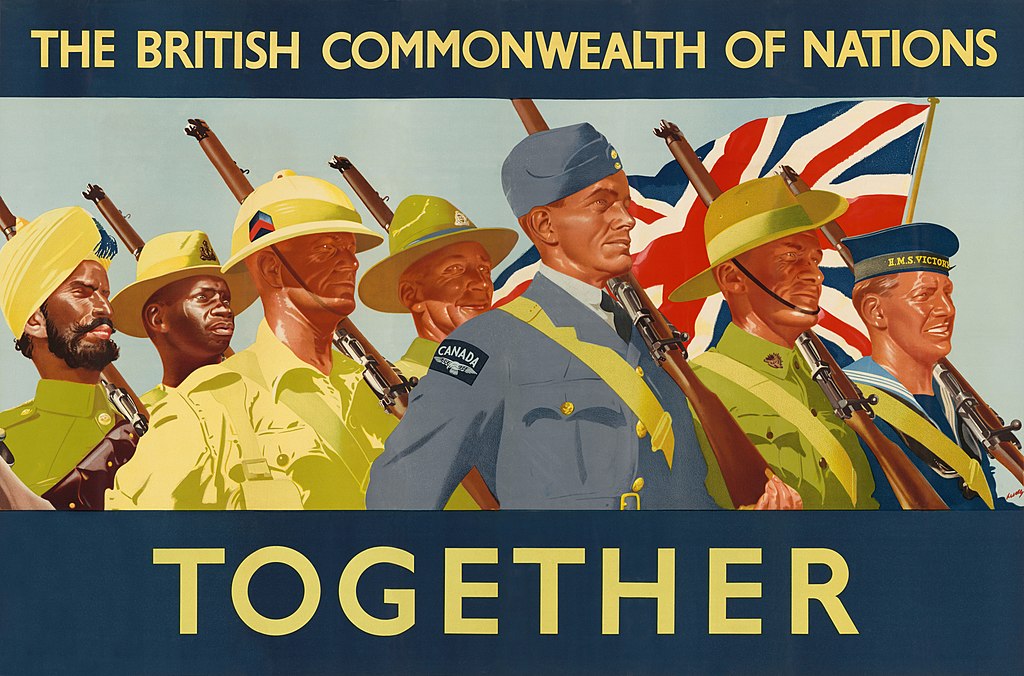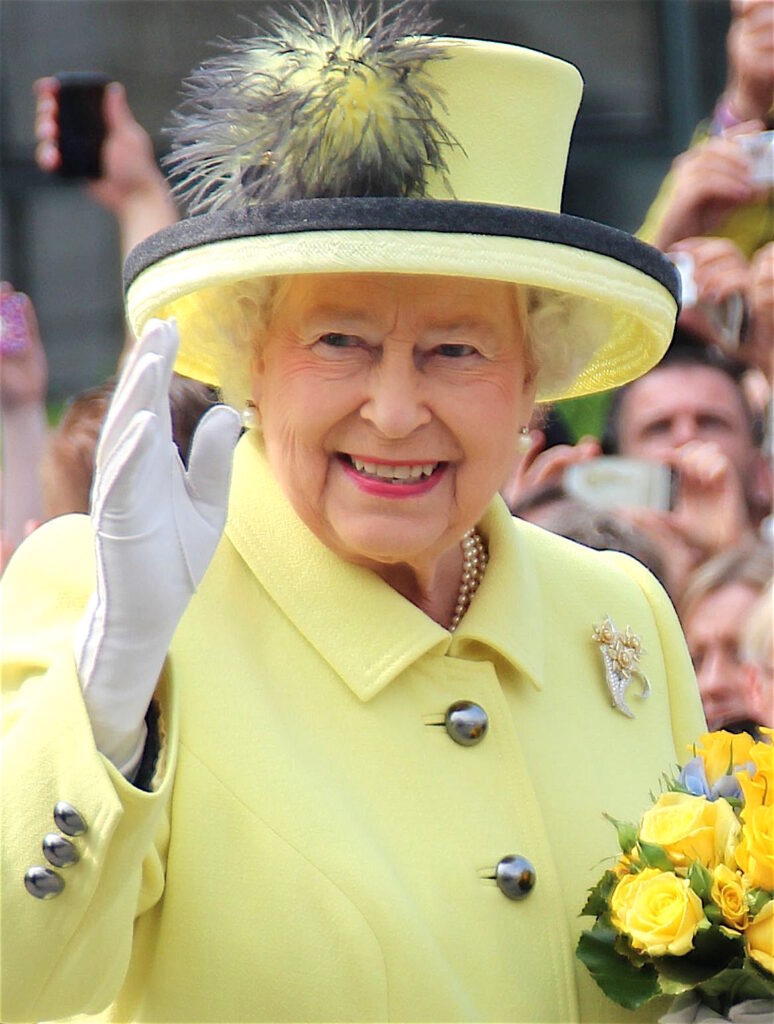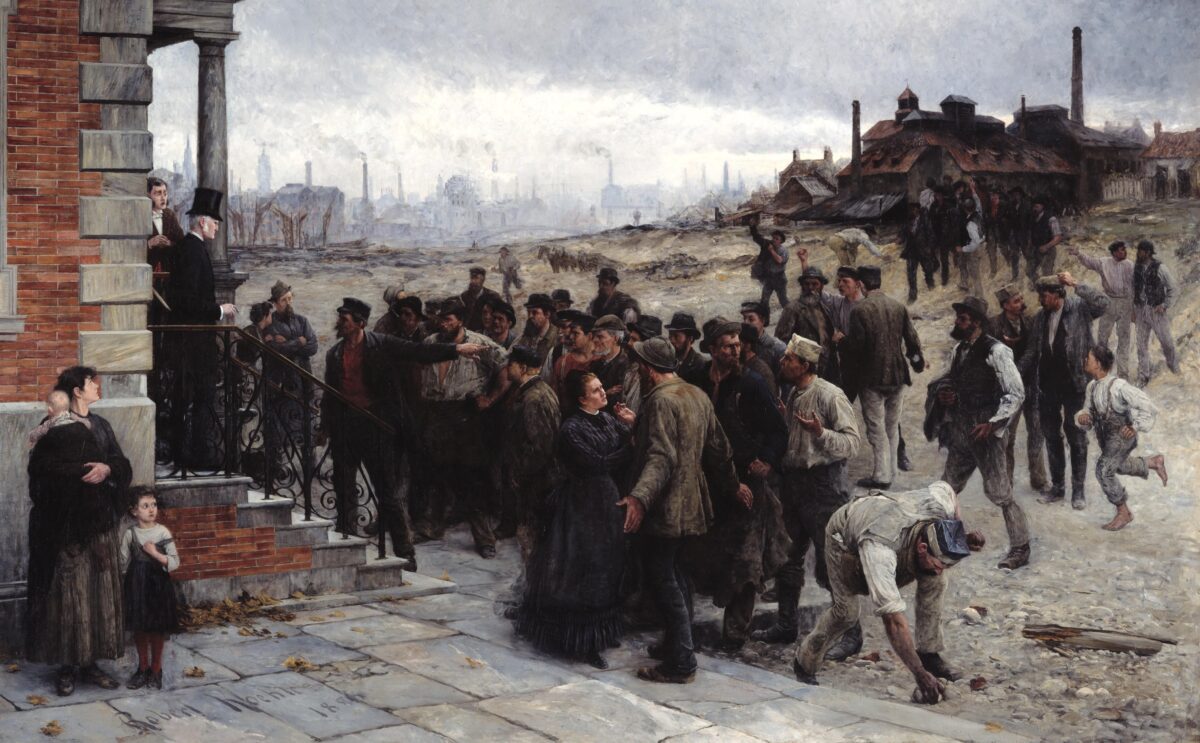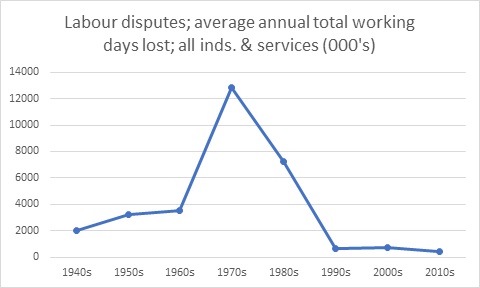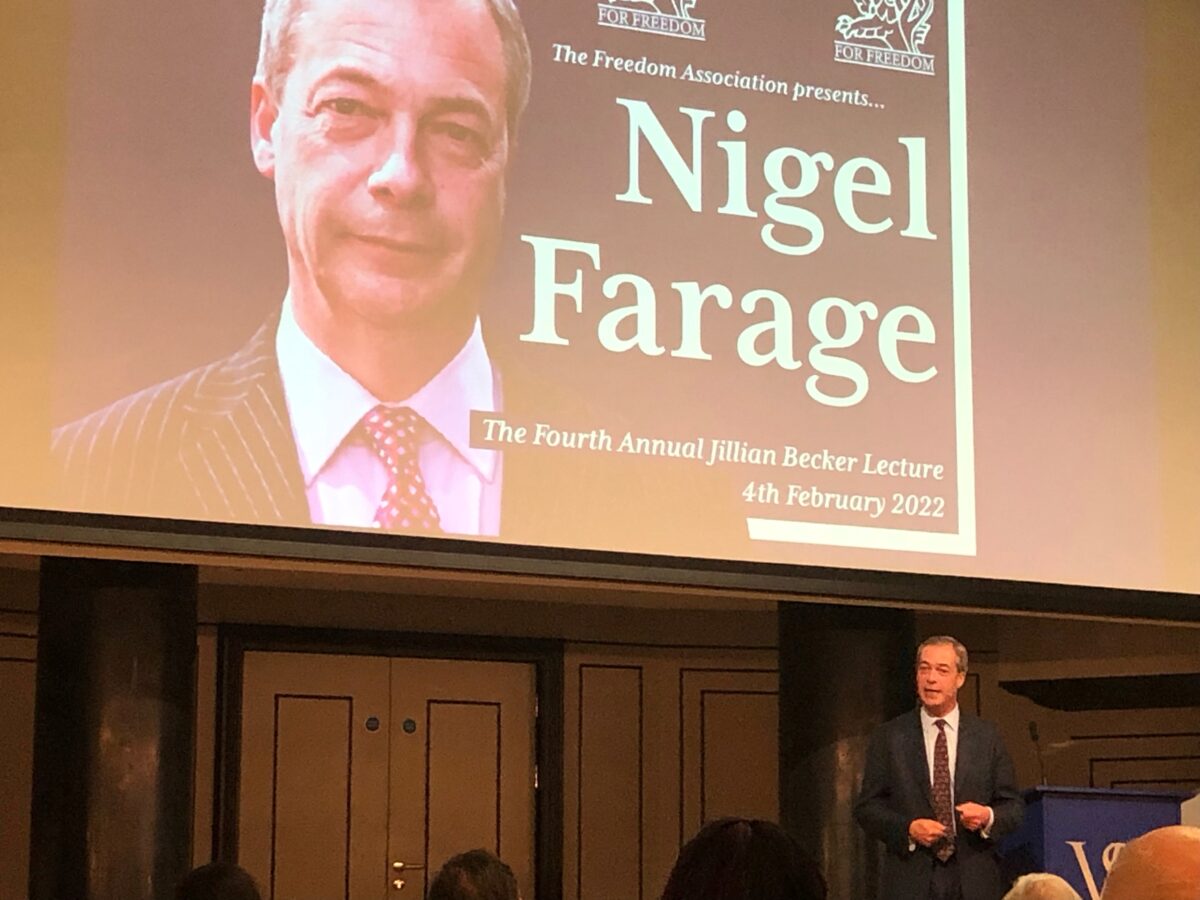“the coldest Christmas day on record since 1659 was in 2010 – so much for global warming”
Only 11 times in London in the last 60 years has snow fallen on Christmas day, this was not always so. The river Thames held its first frost fair in 1608 and the last was in 1814. These took place during the Little Ice Age lasting from about 1300 to about 1850. Clearly, we have warmed since then. The Little Ice Age started without man made input and ended before any serious global industrialisation. It’s almost as if temperatures change without a man-made cause. Incidentally the coldest Christmas day on record since 1659 was in 2010 – so much for global warming.
“tax records show the Britons extensively grew their own wine grapes in the 11th century. Compared to then we are colder not warmer.”
What if I was to pick other dates, different dates to measure warming. The English wine market is once again growing, centred in the south. Of course, the Romans grew grapes and made wine at Hadrian’s Wall, not something we could do today without artificial heaters. Later tax records show the Britons extensively grew their own wine grapes in the 11th century. Compared to then we are colder not warmer.
The later growing took place in the Medieval Warm Period lasting from around 950 to 1250 AD. The warming during this period saw the Vikings break out of Scandinavia, conquer much of Europe and even grow barley in Greenland. The same warming in the east produced more rain, and grass for the grazing animals that Genghis Khan’s Mongolian horseman rode and fed off. This abundance allowed his descendants to conquer much of Eurasia. The Medieval Warm Period was not caused by car journeys, aircraft, coal fuelled power stations or even the Saxons use of trial by fire. The climate changes and it often has little to do with man. Compared to then we are colder not warmer.
The climate changes, yes, we know that. Global temperature is not fixed, we know we had ice ages, we know we have had warming periods. The premise here is the following (with thanks to Dennis Prager):
- The globe is warming.
- The warming is man-made – if this isn’t because of human influenced greenhouse gas emissions, then the currently prescribed actions are meaningless.
- And finally, that the warming will be catastrophic – there is little point in acting if the impact is only two more weeks of summer and not much else.
Warmer since when? For someone to say the globe is warming, requires them to state over which period they are measuring, and justify why that period rather than some other timeframe. To believe the last two premises you must believe in the predictions of people who have told us food would run out in the 1980s, that New York City is currently underwater, that Britain would suffer a “famine” within 10 years from 2002 and that in 2009 we only had “eight years to save the planet”. I ask anyone who believes these people to get in touch with me about a bridge I have for sale.
“All the abundance you see around you, that has allowed billions of people to move from calorie insecurity to having commodity goods in our lifetimes, is fed by fuel, mostly fossil fuels”
If we do assume global warming is a threat, then what can we do about it? Let’s not start by throwing away civilizations’ manna from heaven. All the abundance you see around you, that has allowed billions of people to move from calorie insecurity to having commodity goods in our lifetimes, is fed by fuel, mostly fossil fuels. It is a manna showing no end. We have more oil reserves than all the oil we have ever used, with new technology opening even further access to fuel. If you have a proven, working, source of fuel that reduces pollution, great let’s use it. If you are saying we need to change the basis of our modern civilisation and put at risk the food supply chains for billions of people, you better be dammed sure of your predictions.
Despite the supposedly dangerous level of CO2 of 1 part per 2400, life has never been better. We may have a cost of living crisis, but prior to lockdown poverty had never been lower. An estimated 3.2 billion people, or 42% of the total world population, are now in the global middle class. Many of them enjoying today in countries we used to consider third world, a better standard of living than some of us grew up with.
Humans are exceptional. 200 years ago Global life expectancy was under 30, today life expectancy in the poorest countries is over 50, the global average is over 70. When I was at school people starved in many countries, today hunger has almost disappeared except where war or governments stop food supplies. Since the turn of the century the expanding economies of China and India have meant China has a middle class the size of the population of Europe, with India only a few years behind.
Despite expanding populations and doomsday predictions the number of people dying from extreme weather events continues to collapse. The climate has changed for millennia before mankind, during our existence and will continue to change for many more years to come without our interference. For over 30 years ‘experts’ on hefty grants have told us of impending doom from global warming, rising sea levels, agricultural failures, and a scorched planet. None of this has happened, and the planet is greening every year.
Is global warming a threat? I don’t think so, but maybe. However I have no doubt by making use of the energy buried all around us, human ingenuity will not just rise to any challenge, we will excel and overcome it.
This article was first published in Blacklist Press’ Free Speech.

